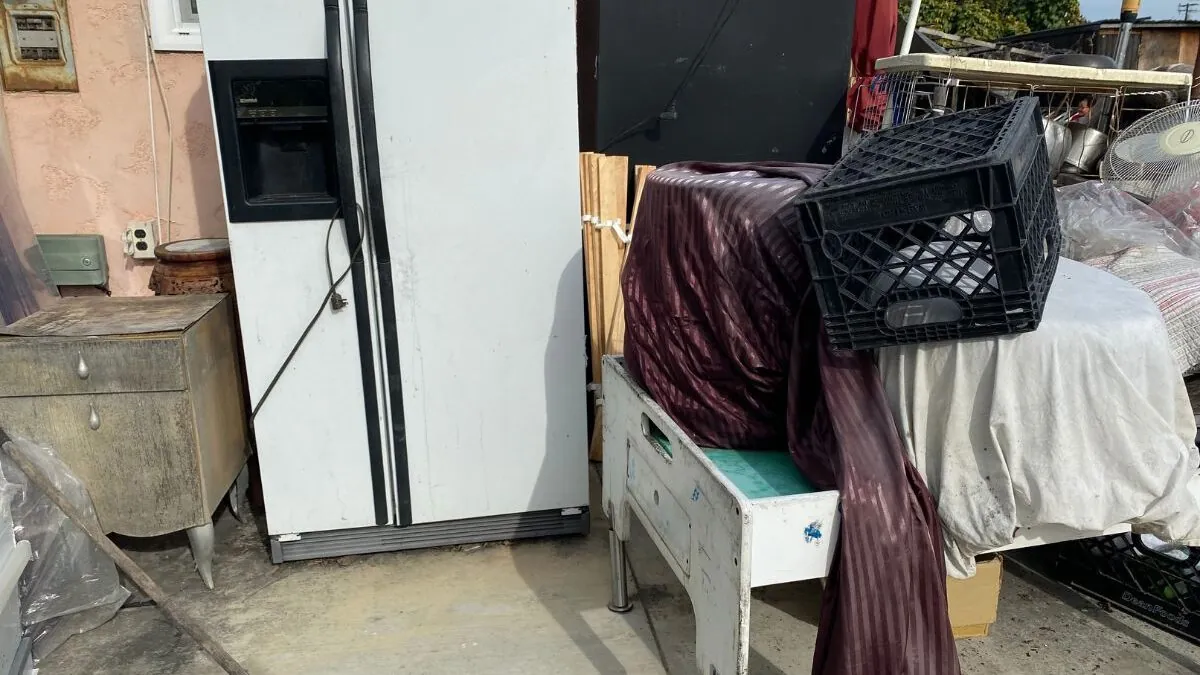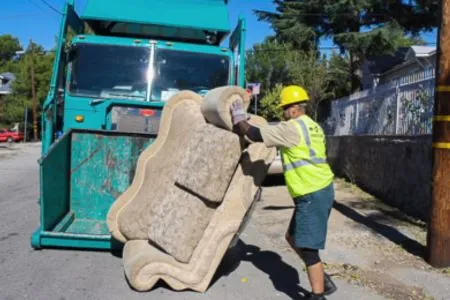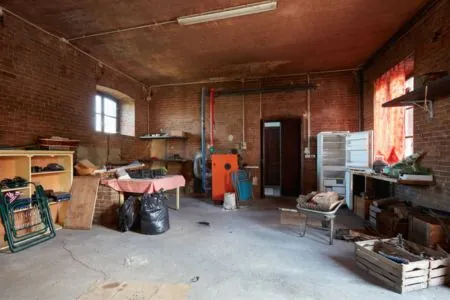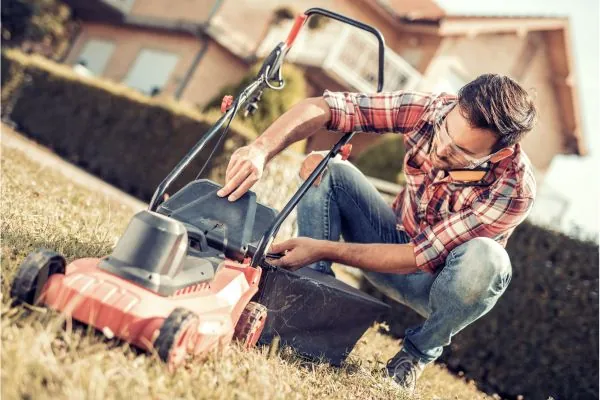How to Get Rid of Old Appliances Responsibly and Easily in Massachusetts
Getting rid of old appliances can be daunting, especially when you are unsure of the right way to do it. Whether it is an ancient refrigerator, an outdated washing machine, or a broken microwave, these items often take up valuable space in your home. But simply tossing them out is not the best option, it can harm the environment and even be illegal in some areas. So, how to get rid of old appliances responsibly? First, check if your local waste management service offers appliance pickup or recycling programs.
So, how do you handle this? This guide on how to get rid of old appliances in Massachusetts is here to help. We will walk you through responsible and easy ways to dispose of your old appliances, such as donating, recycling, or properly disposing. By the end, you will know exactly how to declutter your home while also making eco-friendly choices that benefit your community.
Why Proper Appliance Disposal is Important
Proper appliance disposal is crucial for both environmental sustainability and public safety. Below are detailed sections discussing the environmental impact and safety hazards associated with improper disposal of appliances.
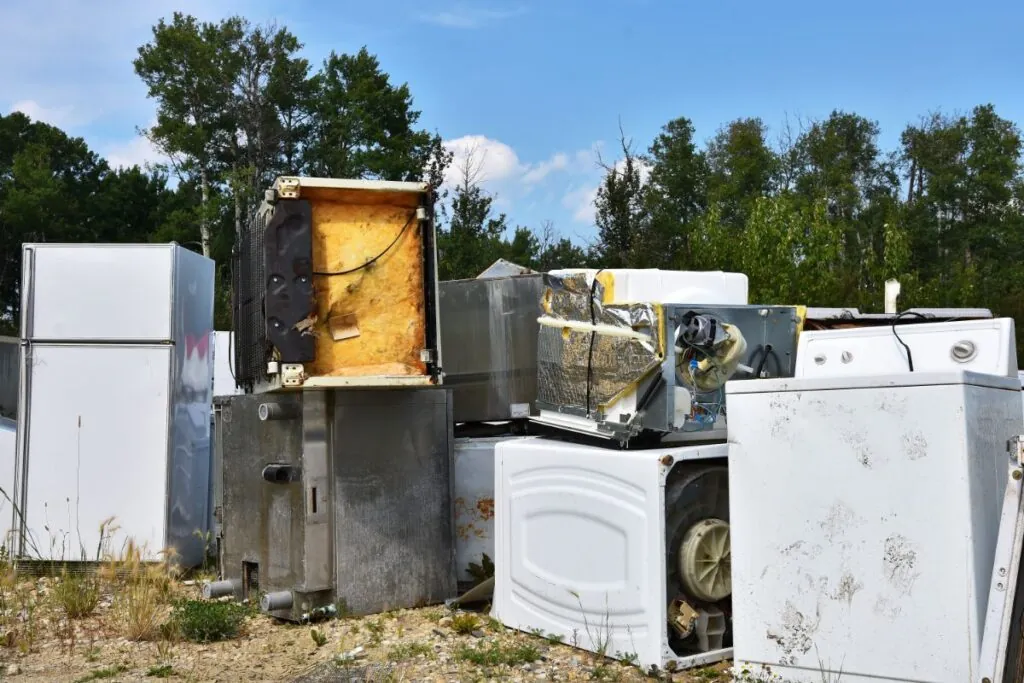
Environmental Impact
Proper appliance disposal is critical for minimizing environmental harm. Appliances often contain hazardous materials, such as refrigerants, heavy metals, and other toxic substances, which can lead to significant pollution if disposed of incorrectly.
· Landfill Pollution: For instance, chlorofluorocarbons (CFCs) found in older refrigerators can deplete the ozone layer and remain in the environment for decades if not correctly managed and dumped into landfills or other uncontrolled areas.
· Greenhouse Gas Emissions: This emission can be substantial, as the decomposition of organic materials in landfills releases methane, a potent greenhouse gas sown to have a wide range of adverse environmental effects.
· Resource Depletion: Failing to recycle these materials leads to unnecessary depletion of natural resources and increases the demand for new raw materials, which can be environmentally damaging and have a ripple effect on the ecosystem.
· Energy Consumption: Recycling appliances requires less energy than producing new products from raw materials, and improper disposal of appliances that stop working requires more energy for cleanup initiatives.
Safety Hazards
The improper disposal of appliances poses various safety risks to individuals and communities.
· Chemical Exposure: Appliances often contain hazardous substances like mercury, lead, and PCBs (polychlorinated biphenyls). If these materials are not disposed of properly, they can contaminate soil and water, posing risks to humans and wildlife.
· Physical Injury: Discarded appliances can create physical hazards and injure people in the area where they are disposed of or stored. Broken appliances may have sharp edges or heavy components that can cause injuries during handling.
· Community Impact: Improper disposal often disproportionately affects lower-income communities, which are more likely to be located near landfills. These communities face higher exposure to pollution, leading to social and economic disparities.
Options for Appliance Disposal in Massachusetts
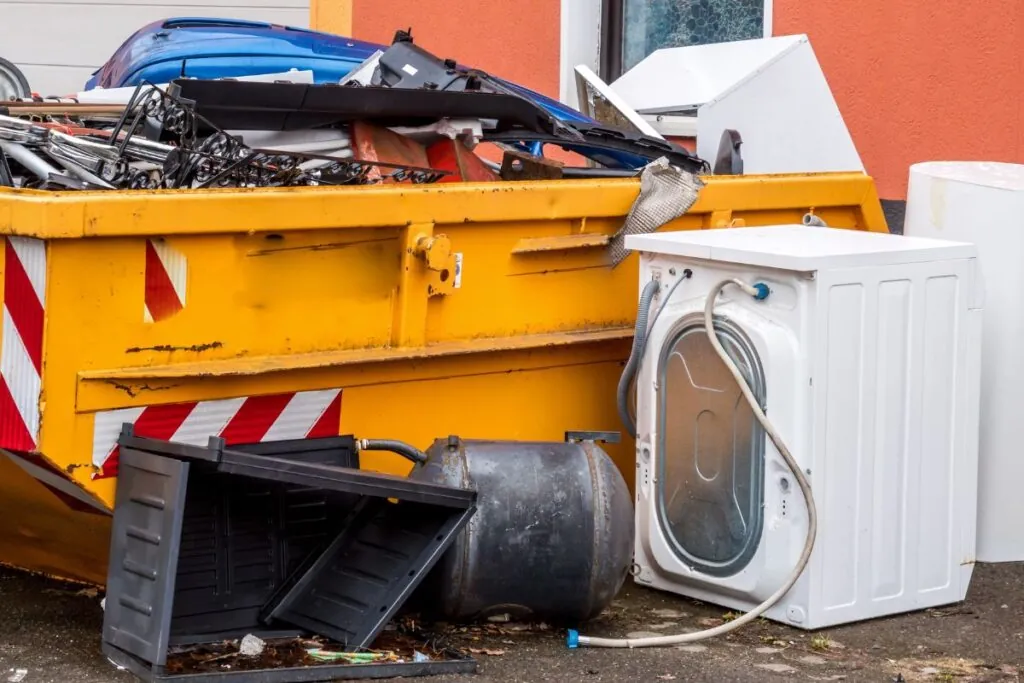
In Massachusetts, there are specific laws and regulations regarding the disposal of appliances, particularly large appliances known as “white goods,” which include refrigerators, freezers, stoves, and washing machines. Here are the key points:
· Large appliances are prohibited from being disposed of in regular trash and must be handled by the proper authorities to ensure safe collection and recycling when possible.
· Massachusetts law mandates that appliances containing refrigerants, such as CFCs and HCFCs, must be recycled properly to prevent environmental harm.
Meanwhile, here are some options residents of Massachusetts can do for appliance disposal:
Sell or Donate Appliances
If your old appliances are still in working condition, consider selling or donating them. Online platforms like Craigslist, Facebook Marketplace, and local community boards are excellent places to sell your items. Not only can you make some money, but you will also be giving someone else a chance to use the appliance.
Bundle Removal with New Appliance
When purchasing a new appliance, check if the retailer offers a removal service for your old one. Many major retailers in Massachusetts, like Best Buy, Lowe’s, and Home Depot, provide a haul-away service when they deliver your new appliance. This option is convenient, as it saves you the hassle of figuring out how to dispose of the old item.
Call a Junk Removal Service
If you have bulky, non-functional appliances, hiring a residential junk removal service is an efficient option. Companies like Troupe Waste and Recycling operate throughout Massachusetts and specialize in removing large items like refrigerators, washing machines, and more. These experts will often handle the heavy work for you for a small fee.
Rent a Dumpster at Home
For those undertaking a major cleanout or renovation, renting a dumpster might be the most practical solution. You can choose the dumpster size based on your needs, and once it is filled, the company will haul it away, taking care of all disposal requirements. Ensure that your appliances are safe to dispose of in a dumpster.
Dispose of at Designated Facilities
Massachusetts has specific facilities for recycling and disposing of old appliances in many major cities across the state. Check with your local municipal waste management department for designated drop-off locations for refrigerators, stoves, and microwaves. These facilities are designed to handle these appliances and much more.
Recycling Options for Appliances
Recycling old appliances is an environmentally friendly way to dispose of items you no longer need or that no longer work. In Massachusetts, several options are available to ensure your appliances are recycled properly. From local facilities to specialized programs, here is how to recycle your old appliances and contribute to a greener planet.
Transfer Stations
Many Massachusetts towns and cities operate transfer stations where residents can drop off old appliances for recycling. These facilities are equipped to handle large items like refrigerators, washers, and stoves. A small fee may be required, but it ensures your appliance is dismantled and recycled responsibly, keeping harmful materials out of landfills.
Scrap Metal Retailers
Scrap metal retailers in Massachusetts accept appliances that contain metal components. These retailers dismantle the appliances, separating metals for recycling. Not only do you ensure responsible disposal, but you might also earn some money depending on the metal’s value and what type of appliance you are getting rid of.
Utility Providers
These programs often include free pickup and disposal of old, energy-inefficient appliances, such as refrigerators or air conditioners. In some cases, you may even receive a rebate for participating, making it a convenient and cost-effective recycling option. It is worth calling your utility office to see if there are services available.
Donation Options for Appliances
Donating old appliances is a great way to give back to the community while ensuring your items are put to good use. In Massachusetts, several organizations accept gently used appliances to help those in need. Here is how to navigate the donation process and find the right place for your items.
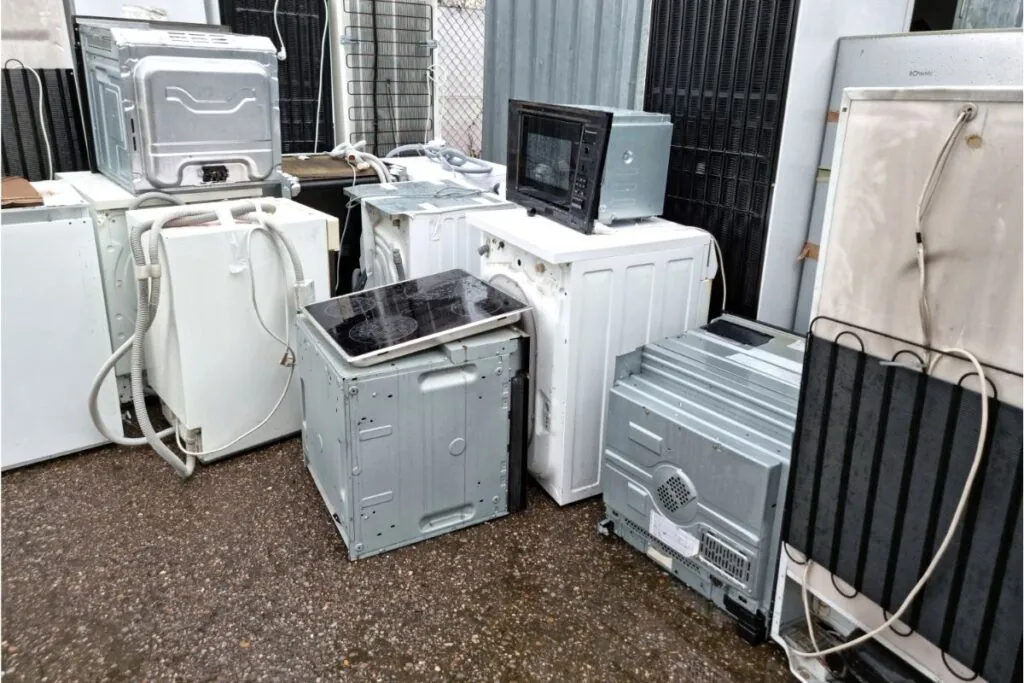
Guidelines for Donating
Before donating your appliances, ensure they are in good working condition and clean. Most organizations require that items be functional, as they may not have the resources to repair or refurbish them. Check if the appliance meets the organization’s donation criteria, including size and type. Additionally, some charities offer pickup services, making donating more oversized items like refrigerators or washing machines easier. Following these guidelines helps maximize the benefit of your donation.
Organizations that Accept Appliances
Several organizations in Massachusetts accept appliance donations. Habitat for Humanity ReStores and Goodwill are excellent choices. Habitat for Humanity ReStores often pick up large appliances and use them to support affordable housing projects, while Goodwill usually resells items to fund job training programs. Contact these organizations to confirm their acceptance criteria and arrange pickup or drop-off. Donating your appliances to these groups supports a good cause but also helps reduce waste and environmental impact.
Conclusion
Disposing of old appliances in Massachusetts does not have to be a challenge. Whether you choose to sell, donate, recycle, or use specialized services, plenty of responsible and convenient options are available. By following the guidelines in this guide, you can declutter your home, support your community, and protect the environment all at once. Remember, taking the time to properly dispose of or recycle your old appliances makes a positive impact—not just for you, but for future generations. Act today and choose the best option that suits your needs.

